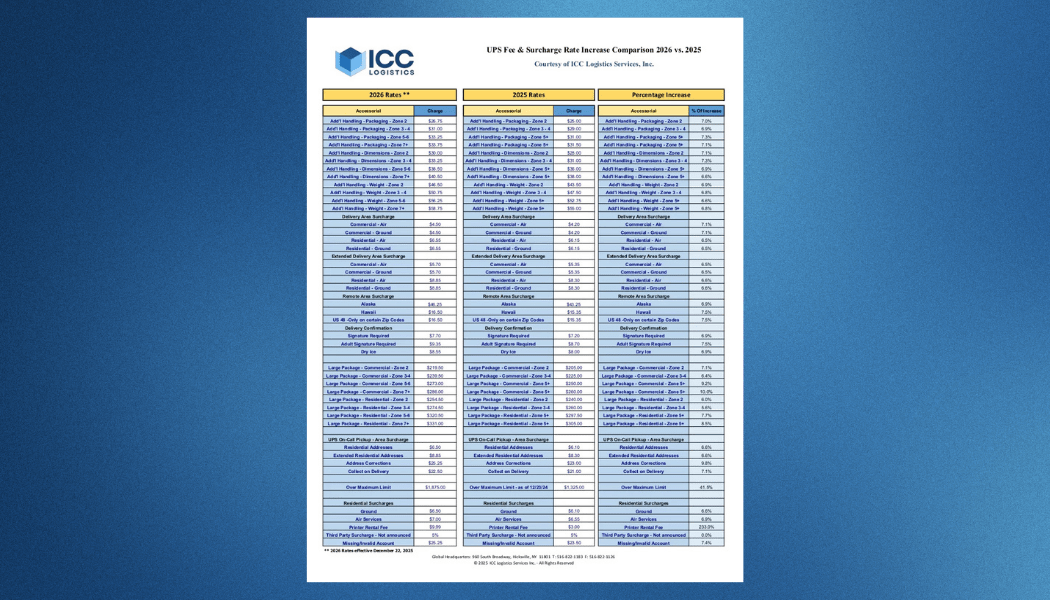Which way is the economy going? How can we have low unemployment, a hiring boom and mass layoffs all at the same time?
Well, the answer depends on what industry you are in. Companies are experiencing mass layoffs as defined as 50 or more employees laid off within 30 days and equal to one-third of the workforce or more than 500 employees within 30 days regardless of the size of the workforce.
Is the cause of these layoffs directly related to a slowing economy and inflation fears of buyers?
Yes and No. For example, take a look at the Technology Sector. Technology companies have been hit especially hard, riding a roller coaster the last few years. 2020 & 2021 saw a hiring spree due to low interest rates and increased demand for technology products because people were staying home during the pandemic. But “post-pandemic” has seen a significant shift in economic conditions, especially rising interest rates, with 2023 headed in the opposite direction. Tech companies realizing they over hired and are now conducting mass layoffs as the demand for technology products slows.
During the pandemic, we saw a major shift in employment. Industries like leisure and hospitality saw huge layoffs while warehouse, delivery and healthcare experienced tremendous growth. But now a “post pandemic” shift is emerging, reversing the trend. Leisure and hospitality are once again enjoying rapid growth and a hiring spree.
Should we classify this as growth or more like a return to pre-pandemic levels? On the other hand, warehousing and delivery (i.e. Amazon) are going in the opposite direction, with too much space coupled with a slowing demand for their products. So are the former hospitality employees who left the industry returning or are we seeing a new set of recruits?
Is there a real chance of a recession hitting the US in the coming months?
We are certainly not an economist and not even the economists can agree on this. What we do know is the business landscape is changing and changing rapidly. In previous articles, we discussed supply chain disruption, near-shoring and reshoring. We addressed inventory levels which translates into an unexpected capital investment and while interest rates were low, this was less of an issue. But now with interest rates climbing, companies are tying up capital for R&D and employee wages.
So yes, we believe there is a real chance of a recession, but only time will tell.
Is it because we are apparently out of the Covid Pandemic buying period and consumers have therefore slowed their purchases?
We believe the short answer to this question is YES. As we’ve indicated, the buying spree is over and things are “returning to normal”, so companies need to adjust their thinking. Retailers inflated their workforces as well as their inventories during the Covid purchasing boom and now realize they need to self-correct in both areas.
Is the slowdown temporary or permanent?
Most slowdowns are temporary with few being permanent. At the turn of the 20th century, as transportation shifted from horse and buggy to the automobile, we can say the slowdown in blacksmiths was permanent. But did we know that then, or only after we reached the tipping-point?
They say the jobs of the future don’t even exist today. With self-driving vehicles will we need taxi, truck and Uber drivers in the future?
Ironically, during the pandemic, we saw a shift in workers to the warehousing and delivery sectors. And now the pendulum is beginning the swing back in the other direction.
Online sales are down and Amazon’s warehouses have excess capacity as evidenced by 90 warehouse closures in 2022 with thousands of workers laid off.
Looking to decrease costs, increase individual warehouse capacity and improve safety, companies are turning to smaller Automated Micro-Fulfillment Centers. Today’s warehouse workers are being replaced by robots. Companies like Takeoff Technologies are partnering with large grocery stores to automate warehouses and put online grocery shopping in the consumer’s hands faster and more efficiently. Takeoff Technologies, started in 2016, has raised $86 million as of October 2022 and is now looking to expand to convenience stores, drug stores and even pet stores.
Greater Volume – Less Expensive
Companies gain from the tremendous cost saving associated with online sales versus brick and mortar stores. An automated micro-fulfillment center can usually do 3 to 4 times the annual sales of a traditional grocery store and for a lot less money.
So where does this lead us?
The January jobs report just came out with 517,000 new jobs. This is much higher than expected. We continue to see the lowest unemployment in decades, currently at 3.4% and there are 11 million job openings as of December 2022. First-time unemployment claims are at a 9-month low and those laid off are finding new jobs within 1-3 months.
With the fear of the pandemic behind us, travel is on the rise again and airlines are hiring. Which means, hotels, car rentals and leisure venues will hire as well. Chipotle is hiring, GM is looking for techies (that’s good because of all the layoffs in the tech sector) and the U.S. Post Office is also hiring.
While we are feeling the slowdown from the pandemic peak, we also see inflation falling and opportunities abound in new fields and new industries. Products and services must move through the system, maybe a little different than before.
We may hit a recession, but the long term prospects are bright as we “return to normal” or at least a “new normal.” With ICC by your side, helping you navigate every step along the supply chain way, you’ll have the support to navigate whatever comes your way.



 to receive our FREE white papers:
to receive our FREE white papers: